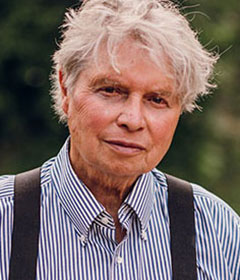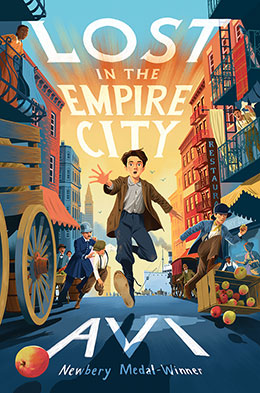Over recent years, I have turned my Summer website over to friends and colleagues to share their experiences and views about something we all share in common. This year, I’ve asked them to offer their thoughts as to how to encourage young people to read.
Here are my ideas.
What’s your favorite strategy for encouraging young people to read?

People, young and old, like to talk about their former teachers. “She was so nice.” “He was so kind to me when … ” “I loved the way she talked about history.” “I never liked poetry until … ” And so on.
But the phrase I have truly heard most often is, “She used to read to us. At least one chapter a day. Everybody loved it. My favorite book was … I’ll never forget it.”
The key point is that the people who say these things have become readers.
There is something about being read to, the shared experience, the comfort of a soothing voice, the excitement of simply being absorbed in a story, the physical pleasure (if it’s a parent who is doing the reading) of sitting close, of absorbing a story and affection at the same time, that’s captivating. And often life-changing.
My mother used to read picture books to us when my siblings and I were kids. I can tell you about those books in great detail after some seventy years plus. It was magical night after night.
With my older boys, I (and my wife) read the entire Laura Ingalls Wilder series one year in sequence — we didn’t just enjoy the books, we talked about the events as if we were there, and as if the characters were part of our lives. Though we were young and old, it was a shared experience.
Many a kid has told me (teachers too) that having read one of my series book, kids go on and on and read the others.
Not every book, no matter how well written, is best suited for reading aloud. What works? Books with shorter chapters. Books with cliff-hanging endings. Books with suspense. Books full of surprises. Funny books. Books with a graceful flow of language. Fantasy books that speak of fantastical events. Books with great characters. Books that tell of experiences your audience can relate to.
When I first began to be called upon to read from my work, I signed up for a course in acting, which focused on learning how to speak. What pace do you use? Speak too fast, and people can’t absorb what you are saying. How do you pitch your voice? Folks can listen to a lower voice with greater comfort. How will folks understand you? Make sure you speak unusual words with great clarity and use body language and facial expressions to suggest meaning. When do you pause in your reading? When it’s most exciting. How to stop — mid-reading — and explain what needs to be explained. New or hard words? Preview them with listeners before the reading. Make your own reading dramatic. And if you want to laugh (or cry) go with it. Your listeners will join you. They will love your emotions.
And, not beside the point, being read to helps a young person write better. They internalize your readings and consciously or unconsciously apply them to their work.
Finally, not beside the point, you, the reader, will enjoy reading out loud as much as your listeners.
Particulars
Subscribe to this blog to be notified when a new article is posted (in right column).

